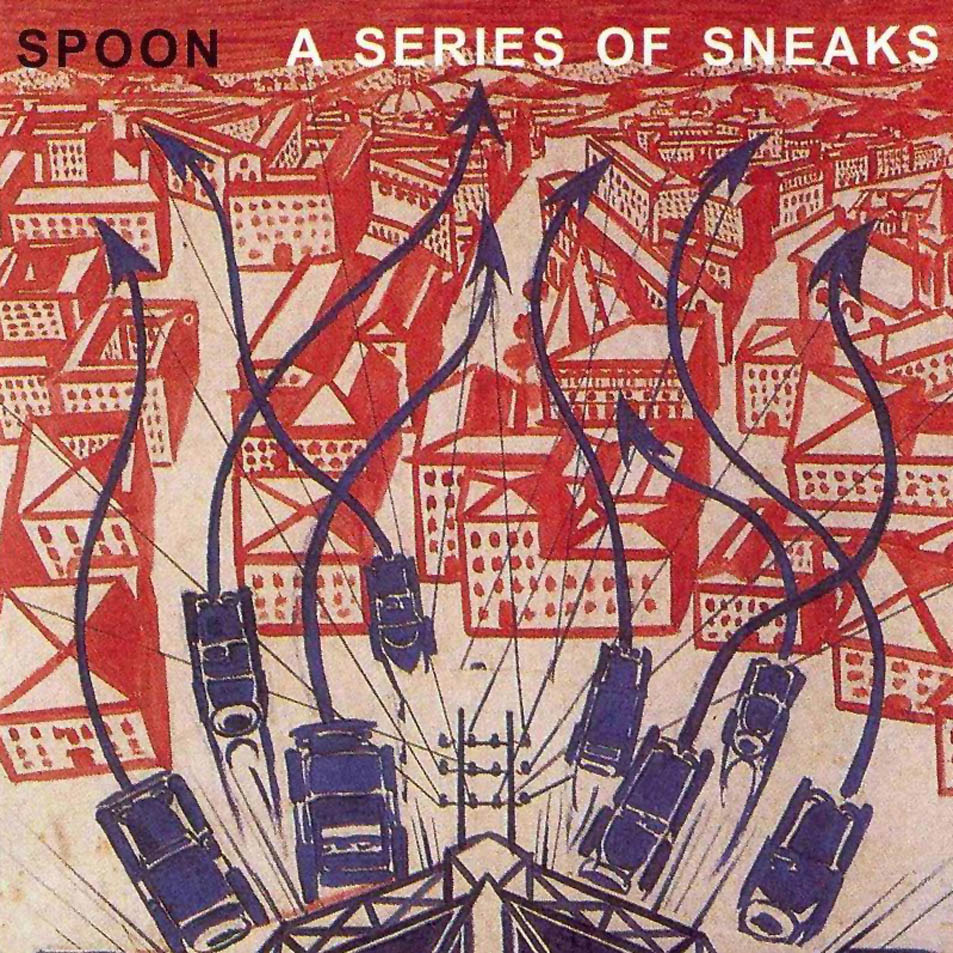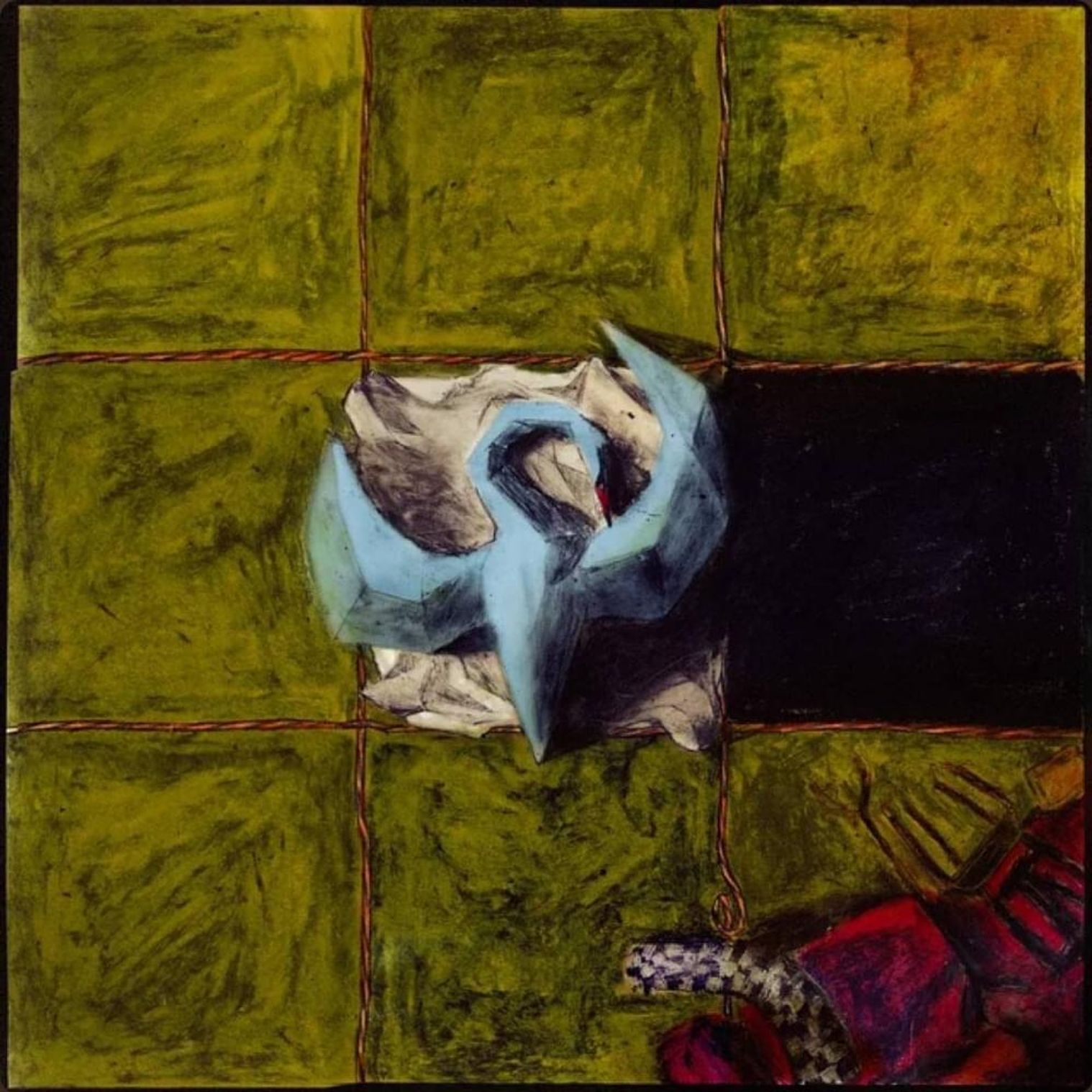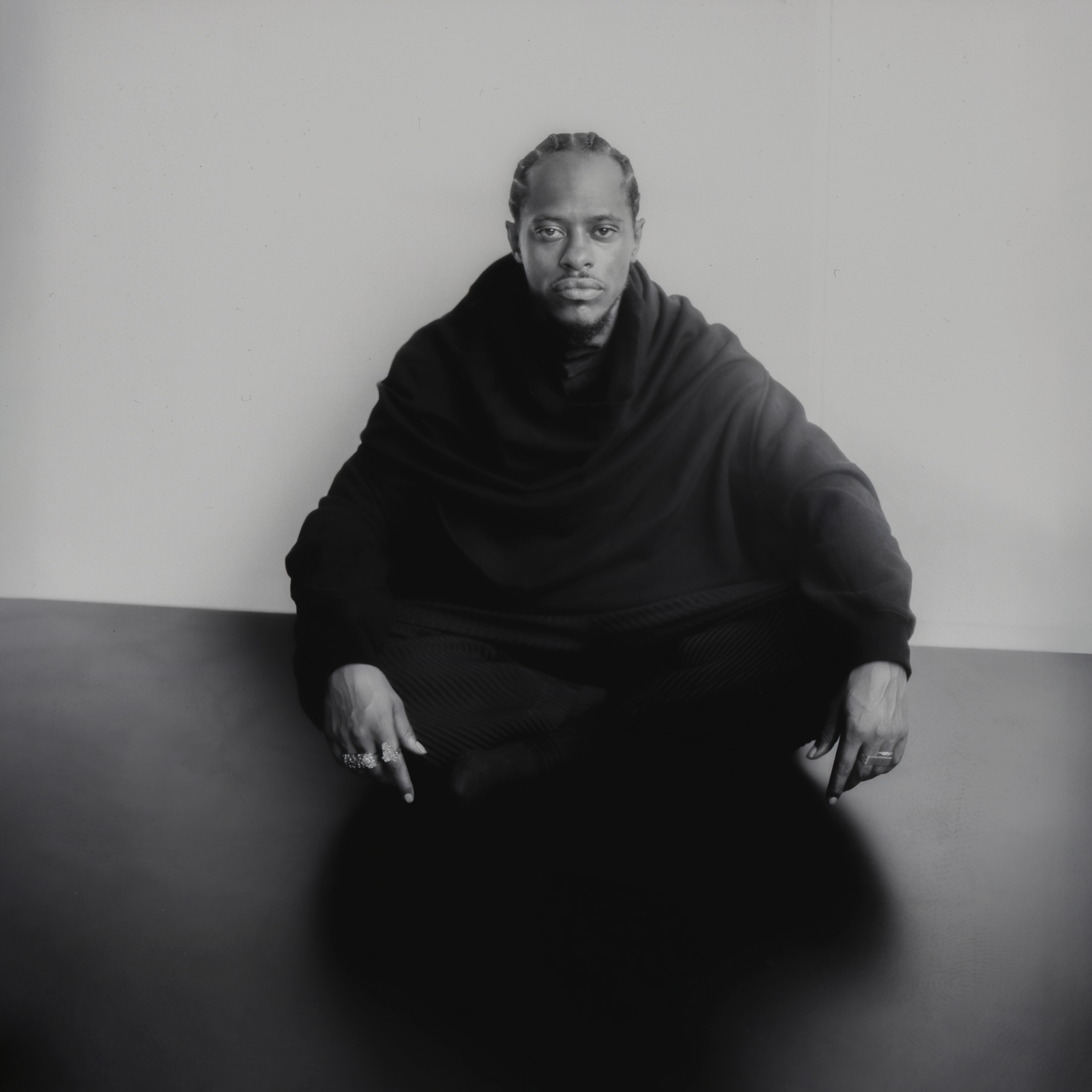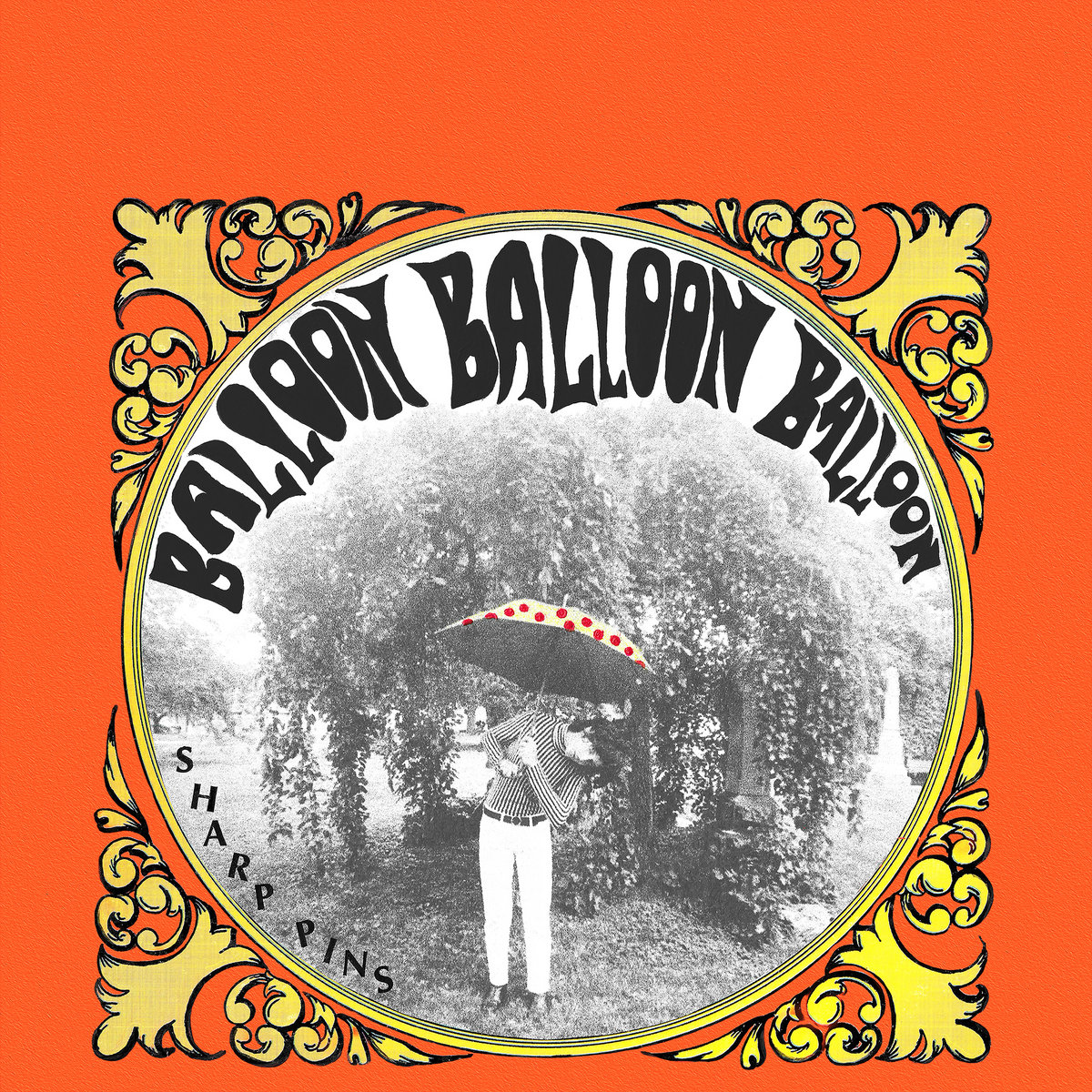Over the course of their 25-year career, indie rock legends Spoon have developed an instantly recognizable signature sound. If you've heard more than one Spoon song released this century, you are probably already familiar. Rhythm and groove are more prominent than in your average indie band -- hearkening back to the raw and raucous early days of rock 'n' roll, but refracting it through post-punk and other, more abstract touchpoints from more recent decades. On that tip, they also do amazing things with empty space, somehow isolating each individual instrument in the mix to create the effect oflistening in 3D. Britt Daniel barks oblique poetry about sex, religion, nostalgia, et al in a gruff tone prone to outbursts of soulful falsetto. Even at their most unhinged, they always sound in complete control; even their descents into feedback and distortion are rendered impeccably.
There is room within this template for ferocious rockers like "Jonathon Fisk" and crisp dance numbers like "I Turn My Camera On" and anti-gravity pop experiments like "Inside Out," but it all inarguably sounds like Spoon. They communicate in their own unique musical language. They've built a pristine, swaggering, endlessly rewarding universe of sound and grown into one of the most dependably awesome rock bands in the world. They're an institution. It almost didn't happen.
Before there was the Spoon Sound, there was Spoon, a promising Austin indie band building scattershot brilliance from bits of their favorite records, on the rise but headed for a fall. The Spoon of the '90s is recognizable as the same band that gave us classic after classic, but they were scrappier and more beholden to their heroes. You could already hear Daniel, a powerful singer and gifted songwriter, coming into his own. You could also hear traces of Wire, the Pixies, Guided By Voices, and other acts worshipped by young underground rock acts in the Clinton era. Spoon had a distinct point of view, but they hadn't yet cohered into the singular entity we know today.
This rough-draft version of the band reached its pinnacle on their second full-length album, released 20 years ago this Saturday. A Series Of Sneaks may not be the best Spoon LP, but it's definitely the most underrated. There's an unseen line of demarcation between this album and what came next, yet you can hear the same braintrust of Daniel and drummer Jim Eno flexing their talents here, even if they hadn't yet happened upon the suave crispness that would come to characterize their work. Instead we get fragmented charmers of various shapes and sizes that come at you enthusiastically from all angles. It's a super catchy, super weird batch of guitar jams that feels like speeding through a maze. Basically, it's Spoon's best attempt at a '90s indie rock album: tangled riffs, bursts of noise, lyrics pushed to the brink of nonsense. This now seems like somewhat of a costume, a guise concealing the real Spoon, but they wore it well.
A Series Of Sneaks overflows with punchy oddities: the wildly catchy "Car Radio," the jagged and propulsive "Execution," the hard-swinging "Utilitarian," the runaway train "June's Foreign Spell." In "Reservations" and "Metal Detektor," they have two of their finest mood pieces, the former muscular but shaded in twilight, the latter their closest equivalent to a power ballad. Riff-rocker "Metal School" is a pounding, swaying, floating adventure worthy of your fist pumps. They let their Pixies flag fly on the creeping "The Minor Tough," the nervy "30 Gallon Tank," and the frantic "Quincy Punk Episode," whereas lo-fi excursions "Chloroform" and "Staring At The Board" reveal their affinity for GBV. Daniel shows off his sense of humor on "Advance Cassette," an emotional lament for a lost promo tape, and he lands on a prototype for future Spoon glories on the rhythm-charged "No You're Not."
So many of those songs are gems, but none of them are hits, exactly, which was a problem given that A Series Of Sneaks was Spoon's major-label debut. Having linked up with the era's dominant indie label, Matador, they made waves with their 1996 debut Telephono and 1997's Soft Effects EP, catching the attention of Elektra Records A&R guy Ron Laffitte. By 1998, this had become a familiar trajectory in the alternative era: band bubbles up from the underground and gets snapped up by a major looking for the next Nirvana, or at least the next Toadies. The pressure was on to get "Car Radio" blaring out of car radios across America.
Unfortunately for Spoon, they were subject to the next part of that narrative, too, the part where the band is unceremoniously dropped when they don't immediately score a hit on MTV or alternative radio. Laffitte, the band's advocate at Elektra, left the label four months into the promo campaign for A Series Of Sneaks; not long after, Spoon found themselves without label support and in limbo. Daniel later told Pitchfork, "At that point, I didn’t think the band was going to exist or that I would be able to keep putting out records. I didn’t know what was going to happen and I didn’t have any money and I was living in a shitty apartment in Austin for a while, in a friend’s extra room. I felt pretty directionless."
He found his direction by penning two punny kiss-offs to Laffitte, the Elektra exec who hung them out to dry. Although these tunes, "Laffitte Don't Fail Me Now" and "The Agony Of Laffitte," aren't the greatest Spoon songs ever, they helped reframe the band as plucky underdogs rather than sellouts-turned-abject failures. More importantly, they helped Daniel have fun writing songs again, sending him down the road that would lead to Girls Can Tell and the phenomenal run that made Spoon one of the defining indie bands of the aughts. Ironically, they'd go on to become alternative radio staples with the kind of longevity and loyal fan base most labels would be lucky to hold onto.
When Merge reissued A Series Of Sneaks in 2002, they tacked the Laffitte songs onto the end of the album. This was a canny bit of storytelling; the tunes were a necessary epilogue to the A Series Of Sneaks era, a bridge to what came next. Let's just not forget how much fun and exciting music they made before crossing that bridge.






